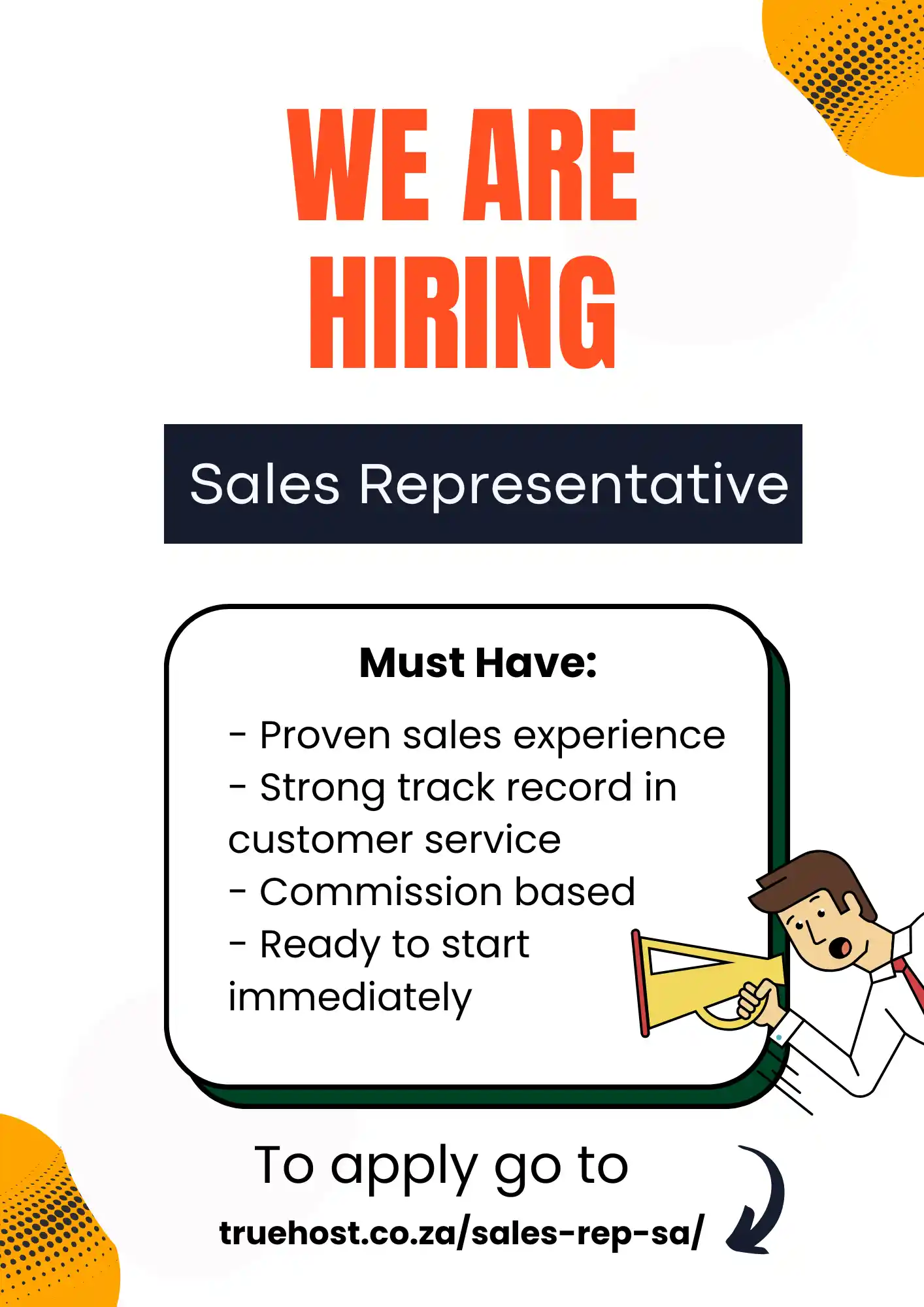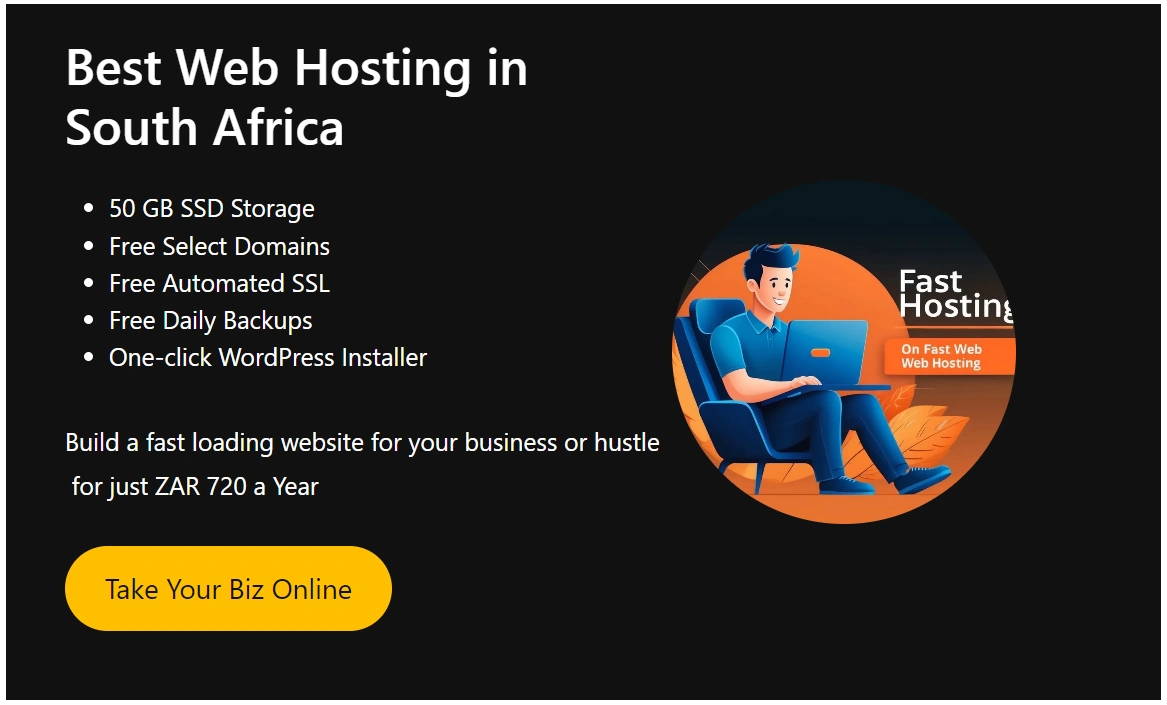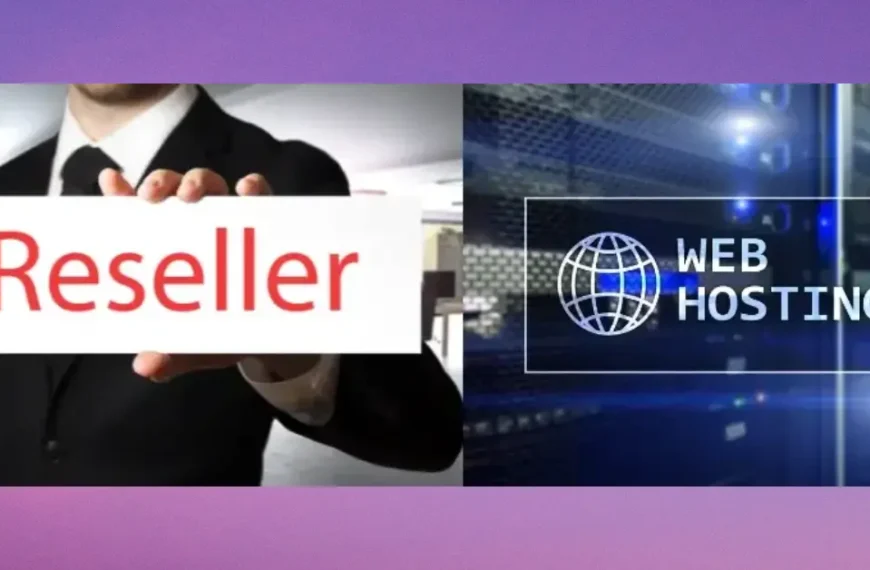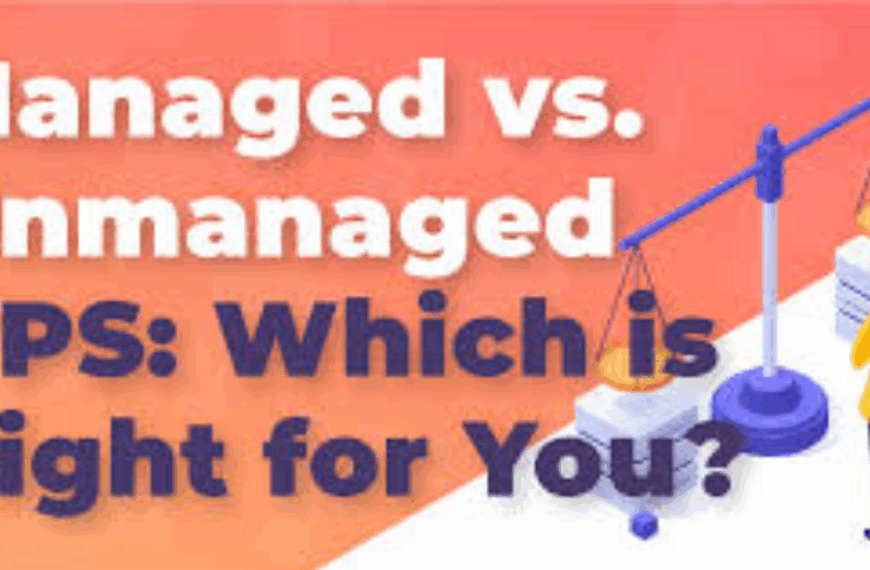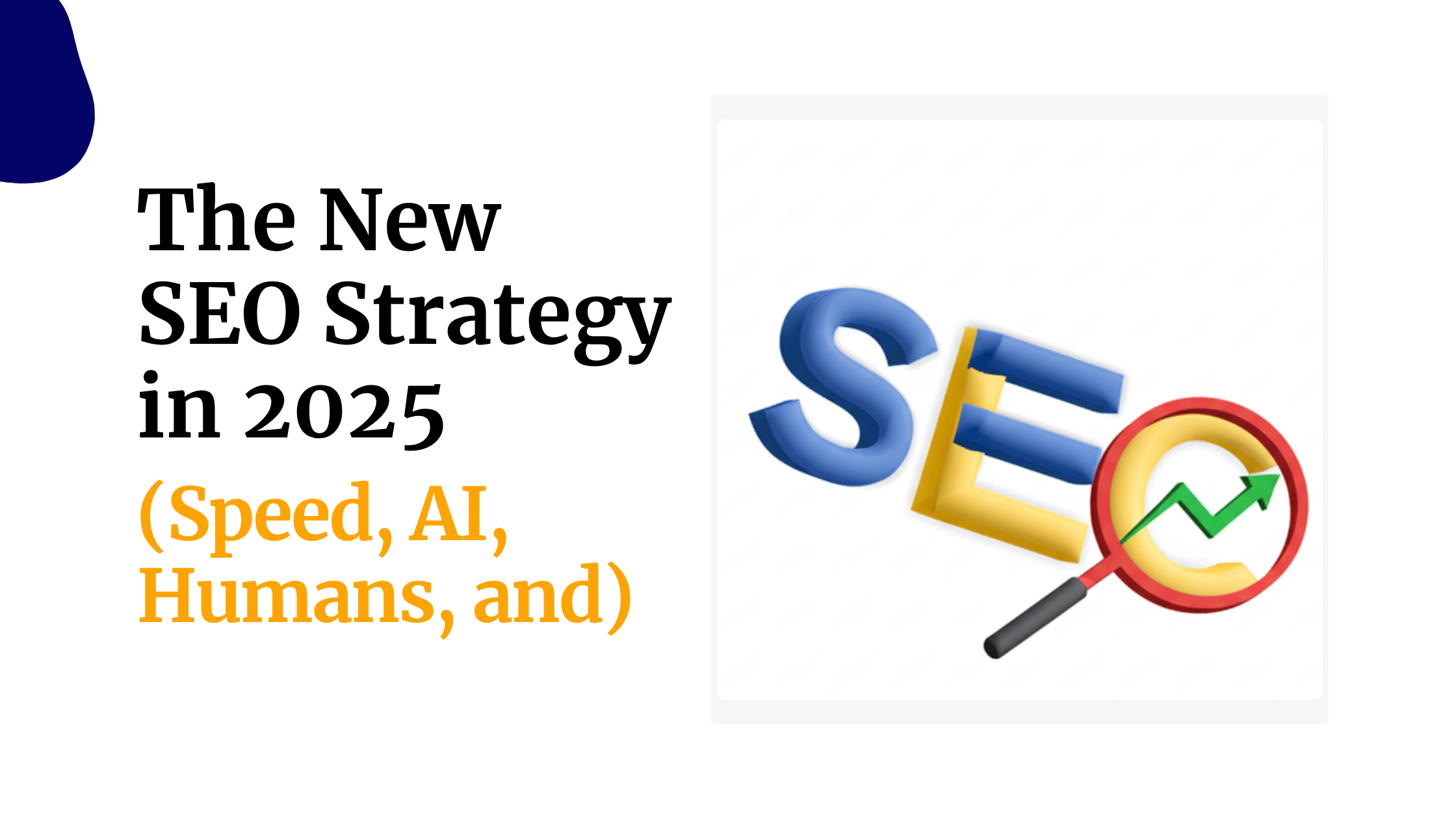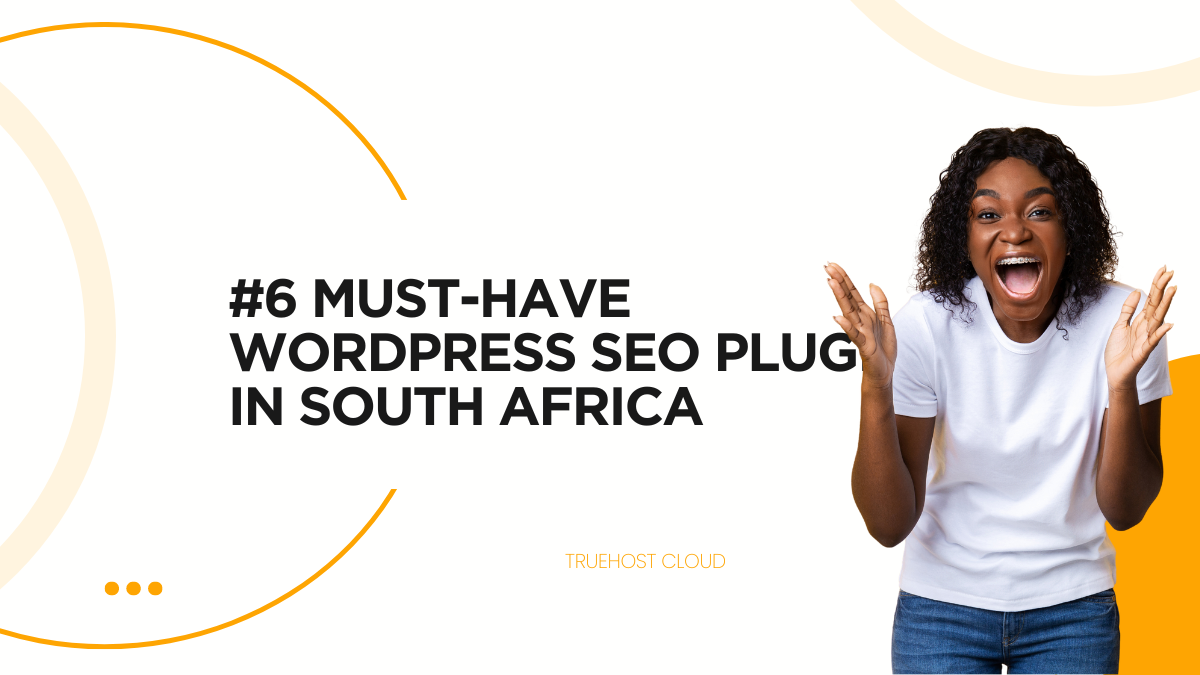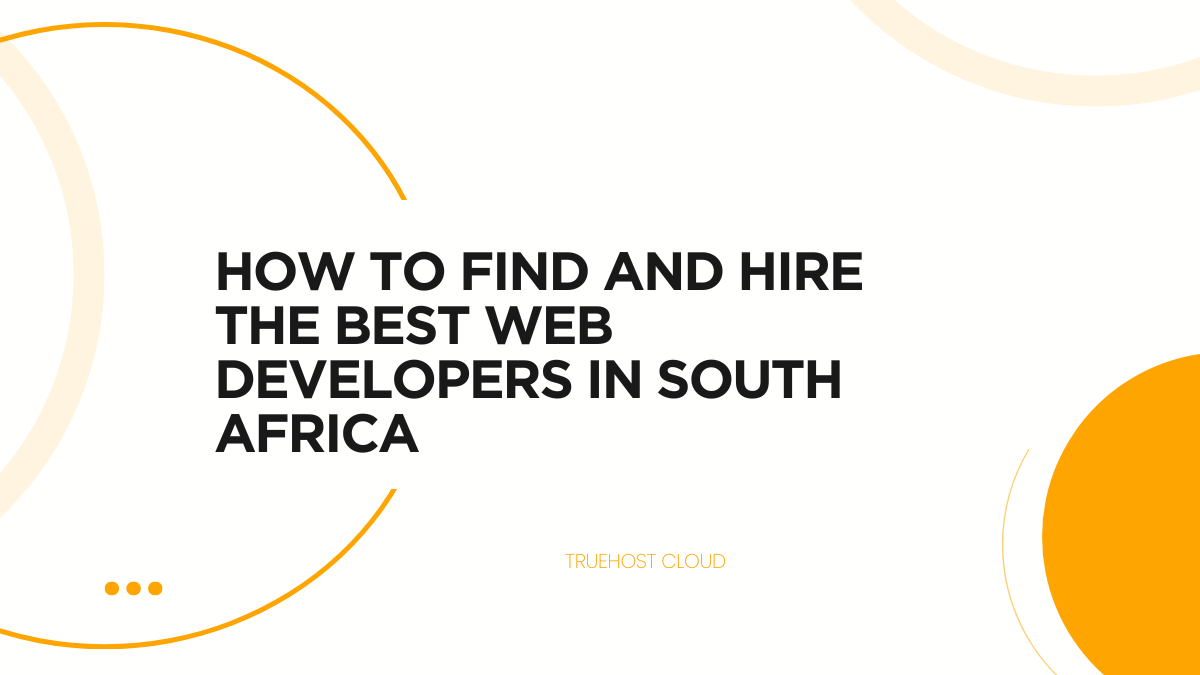Let’s cut through the noise and get straight to the point:
If you’re running a business in South Africa, you need a solid online marketing strategy.
It’s not just about having a website anymore.
In 2024, the digital landscape is evolving faster than ever, and your competitors are already adapting.
But here’s the good news:
I’ve compiled a list of 11 proven online marketing strategies that are working wonders for South African businesses right now.
These aren’t just theoretical concepts.
They’re battle-tested tactics that are driving real results in our unique market.
So, whether you’re a small startup or an established enterprise, buckle up.
We’re about to dive into the strategies that will help you dominate your niche and crush your competition.
Table of Contents
Why These Strategies?
Before we jump in, let’s talk about why these specific strategies made the cut:
- Effectiveness: Each of these strategies has shown measurable results for South African businesses across various industries.
- Adaptability: Whether you’re selling handmade crafts or offering professional services, these strategies can be tailored to fit your business model.
- ROI Potential: I’m not interested in vanity metrics. These strategies are focused on delivering real return on investment.
- Market Relevance: They take into account the unique aspects of the South African market, including consumer behavior, technological adoption, and economic factors.
Now, let’s dive into the meat of it.
1. Search Engine Optimization (SEO)
If you’re not optimizing for search engines in 2024, you’re leaving money on the table.
Period.
Here’s why SEO is still king:
- It’s the gift that keeps on giving: Unlike paid ads, once you rank, you keep getting traffic without ongoing costs.
- It builds trust: South African consumers trust organic search results more than paid ads.
- It’s highly targeted: People searching for your products or services are already interested in what you offer.
But here’s the kicker:
SEO in 2024 isn’t just about keywords anymore.
You need to focus on:
- User Experience: Google’s algorithms are getting smarter. They’re looking at how users interact with your site.
- Mobile-First: With most South Africans accessing the internet via mobile, your site needs to be lightning-fast and mobile-friendly.
- Local SEO: If you have a physical location, optimizing for local search is non-negotiable.
Action Steps:
- Conduct a thorough SEO audit of your website
- Optimize your content for voice search (more on this later)
- Build high-quality, relevant backlinks from South African websites
Remember, SEO is a long-term game.
Don’t expect overnight results.
But if you’re consistent and strategic, the payoff can be enormous.
2. Content Marketing
Content is still king, but in 2024, it’s all about quality over quantity.
Here’s the deal:
South African consumers are bombarded with content every day.
To stand out, you need to create content that’s:
- Valuable: Solve real problems for your audience
- Engaging: Use storytelling and multimedia elements
- Unique: Offer perspectives or insights they can’t find elsewhere
But here’s where most businesses drop the ball:
They create content without a strategy.
Don’t make that mistake.
Your content should:
- Align with your business goals: Every piece of content should serve a purpose in your marketing funnel.
- Target specific buyer personas: Understand who you’re creating for and what they need.
- Be optimized for search: Remember, great content is useless if no one sees it.
Pro Tip: Leverage local content.
Create content that speaks directly to South African audiences.
Address local issues, use local examples, and incorporate South African slang (when appropriate).
This builds trust and relatability.
Action Steps:
- Develop a content calendar aligned with your business goals
- Experiment with different content formats (blog posts, videos, infographics)
- Use tools like Google Trends to identify topics South Africans are searching for
Remember, consistency is key in content marketing.
It’s better to publish high-quality content less frequently than to churn out mediocre content just to stick to a schedule.
3. Social Media Marketing
Social media is no longer optional for South African businesses.
It’s where your customers are spending their time.
But here’s the catch:
Not all platforms are created equal.
In 2024, these are the platforms you need to focus on:
- Facebook: Still the most popular platform in South Africa, especially for older demographics.
- Instagram: Crucial for visually-driven businesses and reaching younger audiences.
- TikTok: Rapidly growing in popularity, especially among Gen Z.
- LinkedIn: Essential for B2B businesses and professional services.
But here’s where most businesses go wrong:
They treat social media like a megaphone, constantly shouting about their products.
That doesn’t work anymore.
Instead, focus on:
- Building community: Engage with your followers, respond to comments, and create a sense of belonging.
- Providing value: Share tips, insights, and behind-the-scenes content that your audience will appreciate.
- Leveraging user-generated content: Encourage customers to share their experiences with your brand.
Pro Tip: Use social listening tools to monitor conversations about your brand and industry.
This gives you valuable insights and allows you to join relevant discussions.
Action Steps:
- Choose 2-3 platforms that align with your target audience
- Develop a content strategy specific to each platform
- Set up a social media calendar to ensure consistent posting
Remember, social media is about building relationships, not just broadcasting messages.
4. Pay-Per-Click (PPC) Advertising
While organic reach is great, sometimes you need to pay to play.
PPC advertising, when done right, can deliver quick wins and high ROI.
Here’s why it’s crucial:
- Instant visibility: Get in front of your target audience immediately
- Highly targeted: Reach people based on demographics, interests, and search intent
- Measurable: Track your ROI down to the cent
But here’s the thing:
PPC in South Africa has its own quirks.
You need to consider:
- Language diversity: Create ads in multiple languages to reach different demographics
- Local competition: Bid on location-specific keywords to target your immediate market
- Mobile-first approach: Optimize your ads and landing pages for mobile devices
Pro Tip: Use remarketing campaigns to target people who’ve already shown interest in your products or services.
This can significantly boost your conversion rates.
Action Steps:
- Set up conversion tracking on your website
- Start with a small budget and test different ad formats
- Continuously optimize your campaigns based on performance data
Remember, PPC is not a “set it and forget it” strategy.
It requires constant monitoring and optimization to get the best results.
5. Email Marketing
Email marketing might seem old school, but it’s still one of the most effective online marketing strategies out there.
Why?
Because it’s personal, direct, and cost-effective.
In 2024, here’s how to make email marketing work for your South African business:
- Segmentation is key: Gone are the days of sending the same email to everyone. Divide your list based on demographics, behavior, and preferences.
- Personalization goes beyond names: Use dynamic content to show different offers or products based on the recipient’s interests.
- Mobile optimization is non-negotiable: Most South Africans check their emails on mobile devices. Make sure your emails look great on small screens.
- Automation for the win: Set up triggered emails based on user actions. Welcome series, abandoned cart reminders, and post-purchase follow-ups can significantly boost your conversions.
But here’s where most businesses drop the ball:
They focus too much on selling and not enough on providing value.
Your email strategy should be a mix of:
- Promotional content (20%)
- Educational content (40%)
- Entertaining content (20%)
- Inspirational content (20%)
Pro Tip: Use A/B testing to optimize your subject lines, content, and send times.
Even small improvements can lead to big results over time.
Action Steps:
- Clean up your email list to ensure high deliverability
- Implement a double opt-in process to maintain list quality
- Create a welcome series for new subscribers
Remember, the key to email marketing success is consistency and relevance.
Provide value with every email, and your subscribers will look forward to hearing from you.
6. Influencer Marketing
Influencer marketing has exploded in South Africa, and for good reason.
It’s all about riding on the trust and credibility of individuals who have built a loyal following.
Here’s why it works:
- Social Proof: South Africans trust recommendations from people they admire.
- Niche Targeting: You can reach very specific audience segments.
- Authenticity: When done right, it feels less “salesy” than traditional advertising.
But here’s the kicker:
You don’t need to partner with mega-influencers to see results.
In fact, micro-influencers (those with 1,000 to 100,000 followers) often drive better engagement rates.
Key Considerations:
- Relevance over Reach: Choose influencers whose audience aligns with your target market.
- Authenticity is Crucial: The partnership should feel natural, not forced.
- Clear Goals and Metrics: Define what success looks like before starting a campaign.
Action Steps:
- Research influencers in your niche using tools like BuzzSumo or Klear.
- Start with a small campaign to test the waters.
- Prioritize long-term relationships over one-off posts.
Remember, influencer marketing is about building relationships – both with the influencers and their audiences.
7. Video Marketing
If you’re not using video in your marketing strategy, you’re missing out on a massive opportunity.
Here’s why video is crucial in 2024:
- Engagement: South Africans spend more time watching videos than any other type of content.
- Versatility: You can use video across multiple platforms (YouTube, social media, your website).
- SEO Boost: Video content can significantly improve your search engine rankings.
But here’s where most businesses go wrong:
They think video marketing means creating expensive, high-production commercials.
That’s not the case.
In fact, authentic, “raw” videos often perform better.
Types of Videos to Consider:
- Product Demos
- Behind-the-Scenes Content
- Customer Testimonials
- Educational How-To Videos
- Live Streams
Pro Tip: Use captions on your videos. Many South Africans watch videos without sound, especially on social media.
Action Steps:
- Start with a smartphone camera and basic editing software.
- Create a content calendar specifically for video.
- Experiment with different video lengths and styles.
Remember, consistency is key. It’s better to produce regular, simple videos than to create one perfect video and then stop.
8. Voice Search Optimization
Voice search is on the rise in South Africa, thanks to the increasing adoption of smartphones and smart speakers.
Ignoring this trend could mean missing out on a significant chunk of potential customers.
Here’s why voice search matters:
- Convenience: Many South Africans prefer speaking over typing, especially on mobile devices.
- Local Search: Voice searches are often used for local queries (“near me” searches).
- Future-Proofing: As AI assistants become more prevalent, voice search will only grow in importance.
To optimize for voice search:
- Focus on Natural Language: Voice searches tend to be more conversational.
- Target Long-Tail Keywords: Voice queries are typically longer than text searches.
- Optimize for Featured Snippets: These are often used for voice search results.
Action Steps:
- Update your FAQ page to answer common voice search queries.
- Use schema markup to help search engines understand your content.
- Ensure your Google My Business listing is complete and accurate.
Remember, voice search optimization is not just about technology – it’s about understanding how people naturally ask questions.
9. Chatbots and AI-Powered Customer Service
In 2024, South African customers expect instant responses.
Chatbots and AI-powered customer service tools can help you meet these expectations without breaking the bank.
Benefits include:
- 24/7 Availability: Provide support even outside business hours.
- Instant Responses: No more keeping customers waiting.
- Cost-Effective: Handle multiple queries simultaneously without increasing staff.
But here’s the key:
Your chatbot should enhance, not replace, human interaction.
Best Practices:
- Start Simple: Focus on handling common queries first.
- Personalize: Use customer data to tailor responses.
- Seamless Handoff: Make it easy for customers to reach a human when needed.
Action Steps:
- Identify the most common customer queries.
- Choose a chatbot platform that integrates with your existing systems.
- Regularly update your chatbot’s knowledge base.
Remember, the goal is to improve customer experience, not to cut corners on service.
10. Mobile Marketing
In South Africa, mobile is not just another channel – it’s THE channel.
With mobile internet penetration continuing to grow, your marketing strategy needs to be mobile-first.
Here’s why mobile marketing is crucial:
- Reach: Most South Africans access the internet primarily through mobile devices.
- Immediacy: Mobile allows for real-time, location-based marketing.
- Personalization: Mobile data enables highly targeted campaigns.
Key mobile marketing strategies:
- SMS Marketing: Despite being “old school,” SMS still has incredibly high open rates.
- Mobile Apps: If relevant to your business, a well-designed app can significantly boost customer engagement.
- Mobile-Optimized Content: Ensure all your content, from emails to landing pages, looks great on small screens.
Pro Tip: Consider using Progressive Web Apps (PWAs) as a cost-effective alternative to native mobile apps.
Action Steps:
- Conduct a mobile audit of all your digital touchpoints.
- Implement mobile payment options if you’re in e-commerce.
- Use mobile-specific ad formats in your PPC campaigns.
Remember, in South Africa, if it doesn’t work on mobile, it doesn’t work at all.
11. Personalization and Customer Experience
In 2024, one-size-fits-all marketing no longer cuts it.
South African consumers expect personalized experiences at every touchpoint.
Here’s why personalization matters:
- Increased Engagement: Personalized content resonates more with your audience.
- Higher Conversion Rates: Tailored offers are more likely to drive action.
- Customer Loyalty: Personalization builds stronger, longer-lasting relationships.
But here’s the catch:
Personalization needs to be meaningful, not creepy.
Key Strategies:
- Data Collection: Ethically gather first-party data to understand your customers.
- Segmentation: Divide your audience based on behavior, preferences, and demographics.
- Dynamic Content: Show different content to different segments across your marketing channels.
Action Steps:
- Implement a Customer Data Platform (CDP) to unify your customer data.
- Use AI-powered tools to deliver personalized recommendations.
- Create personalized email campaigns based on user behavior.
Remember, personalization is not just about using someone’s name in an email. It’s about delivering the right message, to the right person, at the right time.
Key Takeaways
Let’s recap the most crucial points from our deep dive into online marketing strategies:
- SEO is foundational: Optimize for search engines, but focus on user experience and mobile-first design.
- Content is king, but strategy is queen: Create valuable, engaging content that aligns with your business goals.
- Social media requires a targeted approach: Choose platforms that align with your audience and focus on building community.
- PPC can deliver quick wins: Use targeted campaigns and continually optimize based on data.
- Email marketing is still powerful: Segment your list, personalize your messages, and provide consistent value.
These strategies aren’t just theoretical.
They’re proven to work in the South African market.
But here’s the most important takeaway:
You don’t need to implement all of these strategies at once.
Start with one or two that align best with your business goals and resources.
Test, measure, and optimize.
Then, gradually expand your online marketing efforts as you see results.
Final Thoughts
Online marketing in South Africa is constantly evolving.
What worked yesterday might not work tomorrow.
But by focusing on these proven strategies and adapting them to your specific business needs, you’ll be well-positioned to succeed in 2024 and beyond.
Remember, the key to effective online marketing is to provide value to your audience at every touchpoint.
Do that consistently, and you’ll build a loyal customer base that will drive your business forward.
Now, it’s time to take action.
Choose one strategy from this list and start implementing it today.
Your future self (and your bottom line) will thank you.
FAQ Section
Q: How much should I budget for online marketing in South Africa?
A: The ideal budget varies depending on your business size, industry, and goals. As a general rule, allocate 7-10% of your revenue for marketing, with about 50-70% of that going to online channels.
Q: How long does it take to see results from SEO in South Africa?
A: SEO is a long-term strategy. You might start seeing improvements in 3-6 months, but significant results typically take 6-12 months or more.
Q: Which social media platform is best for B2B companies in South Africa?
A: LinkedIn is generally the most effective platform for B2B marketing in South Africa, followed by Twitter and Facebook.
Q: Is it worth investing in TikTok marketing for South African businesses?
A: If your target audience includes younger demographics (especially Gen Z), TikTok can be highly effective. However, it may not be suitable for all business types.
Q: How often should I send marketing emails to my South African subscribers?
A: It depends on your industry and audience preferences. Start with once a week and adjust based on engagement metrics. Quality is more important than quantity.
Read also:
 Web Hosting
Web Hosting Windows HostingBuilt for Windows apps and websites – stability, speed and flexibility
Windows HostingBuilt for Windows apps and websites – stability, speed and flexibility Reseller HostingLaunch a hosting business without technical skills or expensive infrastructure
Reseller HostingLaunch a hosting business without technical skills or expensive infrastructure Affiliate ProgramRefer customers and earn commissions from sales across our platform
Affiliate ProgramRefer customers and earn commissions from sales across our platform Domain SearchFind and secure a domain name in seconds with our quick lookup tool
Domain SearchFind and secure a domain name in seconds with our quick lookup tool CO ZA Domains
CO ZA Domains All DomainsExplore domain names from over 324 TLDs globally – all in one place
All DomainsExplore domain names from over 324 TLDs globally – all in one place Free Whois Lookup Tool South Africa
Free Whois Lookup Tool South Africa VPS
VPS SSLs
SSLs